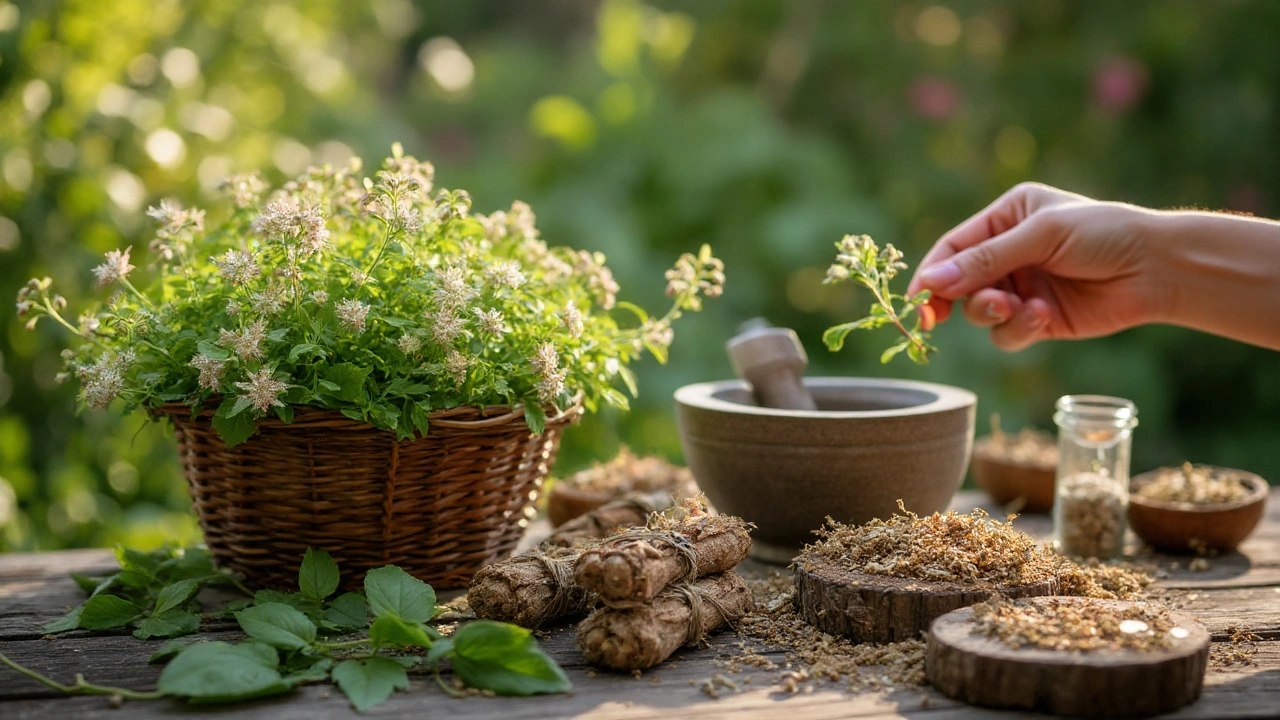Saponins Benefits – The Simple Truth About These Plant Compounds
Ever heard of saponins? They’re natural chemicals found in many plants, and they do a lot more than just make soap‑like foam. Below we’ll break down the real‑world benefits, explain where to find them, and give you practical tips to use them safely.
What Saponins Do for Your Body
Saponins act like tiny detergents. In the gut they bind to cholesterol and help carry it out of the body, which can lower bad (LDL) cholesterol levels. Studies show people who eat saponin‑rich foods often have better lipid profiles.
They also influence blood sugar. By slowing carbohydrate absorption, saponins can prevent spikes after meals. If you’re watching your glucose, adding a handful of beans or lentils (both high in saponins) can smooth out the rise.
Immune support is another big plus. Saponins stimulate certain immune cells, making the body more ready to fight off infections. This is why traditional herbs like quinoa and ginseng, both loaded with saponins, have been used for centuries to boost stamina.
Practical Ways to Add Saponins to Your Diet
Getting saponins is easy if you know the right foods. Here are five everyday choices:
- Legumes – beans, lentils, chickpeas. A cup of cooked beans gives a solid saponin dose.
- Whole grains – quinoa, oats, barley. Use them for breakfast or as a side.
- Herbs & spices – ginseng, licorice root, fenugreek. A pinch in a tea or smoothie adds a boost.
- Vegetables – spinach, kale, asparagus. Raw or lightly steamed works best.
- Fruits – apples and berries have low but useful amounts.
Mix a cup of cooked quinoa with roasted veggies for a quick lunch, or stir a spoonful of lentils into your soup. The goal is consistency, not extreme amounts.
When you start, notice how your digestion feels. Some people experience mild gas at first because saponins also have a mild laxative effect. If that happens, increase the amount slowly over a week.
Safety note: Very high saponin intake can irritate the stomach lining. Stick to normal food portions – you don’t need supplements unless a doctor recommends them.
Overall, saponins are a low‑cost, natural way to support heart health, blood sugar, and immunity. Keep a few saponin‑rich staples in your pantry, and you’ll reap the benefits without any fancy tricks.
Unlocking the Full Potential of White Soapwort as a Dietary Supplement
- DARREN LLOYD
- 16
Learn how to maximize the health benefits of white soapwort (Saponaria officinalis) with proper extraction, dosing, safety tips, and quality selection for optimal dietary supplementation.
READ MORE
